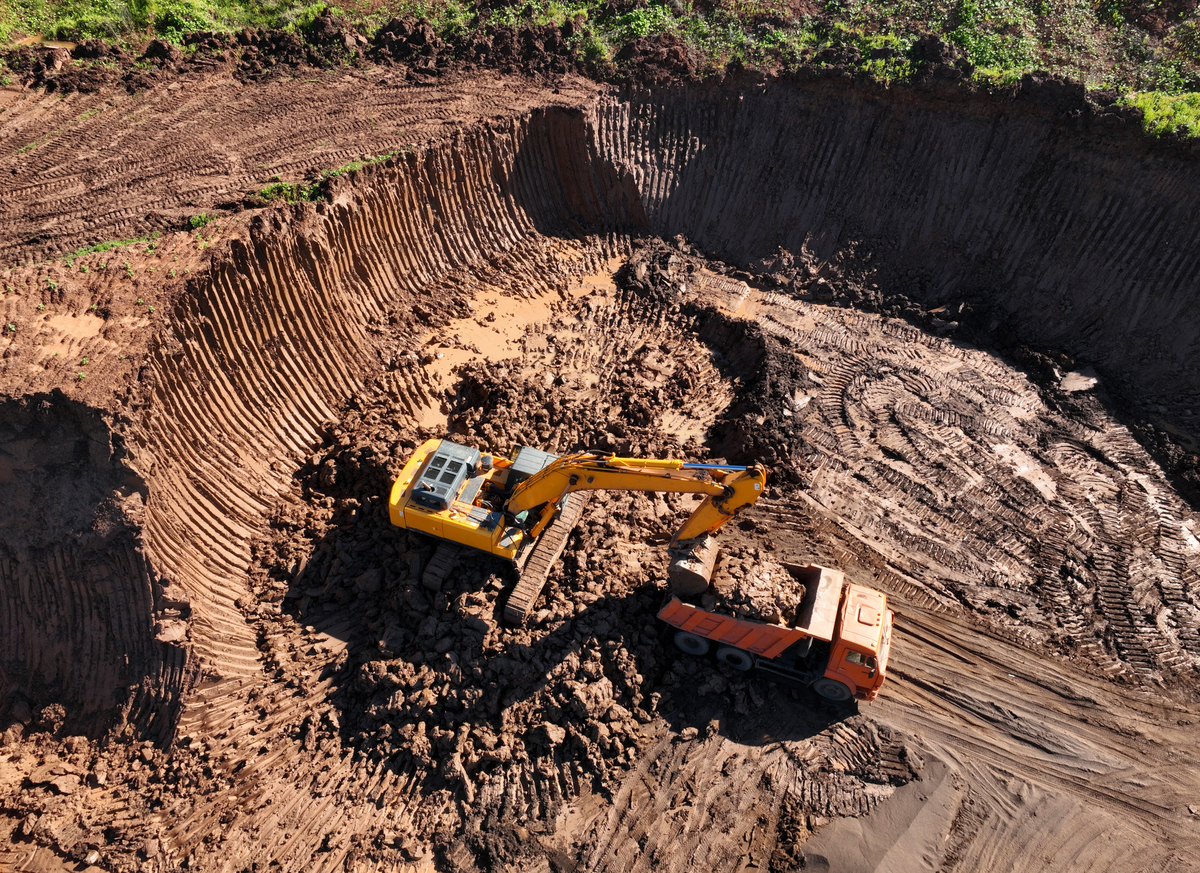Articulated Vehicles: Key Components, Uses, and Benefits
Articulated vehicles play a crucial role in the transportation and logistics industries, particularly for hauling large loads over long distances. These vehicles are designed with a pivot joint, allowing for better maneuverability and flexibility, making them ideal for navigating tight spaces and rough terrain. This article provides an overview of articulated vehicles, including their key components, common uses, and benefits.
What Are Articulated Vehicles?
An articulated vehicle is a type of transport vehicle that consists of two or more separate sections connected by a pivot joint or “articulation.” This design allows the vehicle to turn more sharply and navigate difficult terrains or confined spaces more easily than rigid-body vehicles. The most common types of articulated vehicles include trucks, buses, and construction machinery.
Key Components of Articulated Vehicles:
- Tractor Unit: The front section, typically housing the engine and driver’s cab. It is responsible for pulling the load.
- Trailer Unit: The rear section, which is designed to carry the cargo. The trailer can vary in type, depending on the vehicle’s intended use, such as a flatbed, tanker, or container trailer.
- Pivot Joint: The articulation or pivot point between the tractor and trailer units allows the vehicle to bend, providing enhanced maneuverability.
Types of Articulated Vehicles
Articulated vehicles come in various types, each designed for specific applications:
1. Articulated Trucks (Semi-Trailers)
- Description: Commonly referred to as “semis,” these vehicles consist of a tractor unit attached to a trailer via a fifth wheel coupling. They are widely used in freight transport.
- Uses: Ideal for long-haul transportation of goods, including bulk materials, consumer products, and machinery.
2. Articulated Buses
- Description: These buses have a flexible section between the two rigid parts, allowing for greater passenger capacity while maintaining the ability to navigate urban environments.
- Uses: Frequently used in public transport systems in busy urban areas, articulated buses can carry more passengers compared to standard buses.
3. Articulated Dump Trucks (ADTs)
- Description: These are heavy-duty vehicles with a pivot joint between the cab and the dump body. They are designed to operate on rough terrains.
- Uses: Commonly used in mining, construction, and quarrying, ADTs are used to transport loose materials like sand, gravel, and demolition debris.
Benefits of Articulated Vehicles
1. Enhanced Maneuverability
- Tight Turning Radius: The articulated design allows these vehicles to make tighter turns compared to non-articulated vehicles, which is crucial in urban settings or construction sites with limited space.
- Navigation on Rough Terrain: Articulated vehicles can better handle rough, uneven terrain, making them ideal for off-road applications.
2. Increased Load Capacity
- Heavy Loads: Articulated vehicles, particularly trucks, can haul larger loads compared to rigid trucks due to their flexible design. This makes them more efficient for transporting goods over long distances.
- Modular Design: The ability to connect different types of trailers to the same tractor unit provides flexibility in cargo handling, allowing the vehicle to be adapted to various types of loads.
3. Improved Safety
- Stability: The pivot joint helps distribute the weight of the load more evenly across the vehicle, reducing the risk of tipping, especially when navigating sharp turns or uneven terrain.
- Controlled Braking: Modern articulated vehicles often feature advanced braking systems that enhance control, even under heavy loads.
Common Applications of Articulated Vehicles
Articulated vehicles are versatile and used across various industries:
1. Logistics and Freight Transport
- Long-Distance Hauling: Articulated trucks are the backbone of freight transport, moving goods across cities, states, and countries efficiently.
- Container Transport: These vehicles are crucial in transporting shipping containers from ports to inland destinations.
2. Construction and Mining
- Material Handling: Articulated dump trucks are essential in construction and mining operations, where they transport materials like sand, gravel, and ores across challenging terrains.
- Heavy Equipment Transport: Articulated vehicles are also used to transport heavy construction machinery to and from job sites.
3. Public Transportation
- Urban Transit: Articulated buses are used in high-density urban areas to transport large numbers of passengers while maintaining efficient navigation through city streets.
Conclusion
Articulated vehicles are essential tools in various industries, offering unmatched maneuverability, load capacity, and safety. Whether used in logistics, construction, or public transport, these vehicles provide efficient solutions for transporting goods and people.
At Wigmore Trading, we offer a range of articulated vehicles tailored to meet the needs of different industries. Our team of experts is here to help you find the right vehicle for your specific applications.
Get in Touch:
Interested in articulated vehicles for your business? Contact Wigmore Trading for expert advice and competitive pricing. Visit our website, email, or call us to explore our range of articulated vehicles and find the perfect solution for your transport needs.








Comments are closed.